- 2005-2014
Networked Cultures has organized a series of events, creating spaces for dialogue and collaboration across urban and geopolitical contexts. These events have brought together architects, researchers, and practitioners to engage in critical discussions, workshops, and interventions that challenge traditional boundaries of urban practices. By fostering cross-disciplinary exchange, these gatherings have highlighted emerging architectural and cultural dynamics, advancing new models of collaboration beyond national frameworks.

- Research
- Event
XXII UIA World Congress, Istanbul
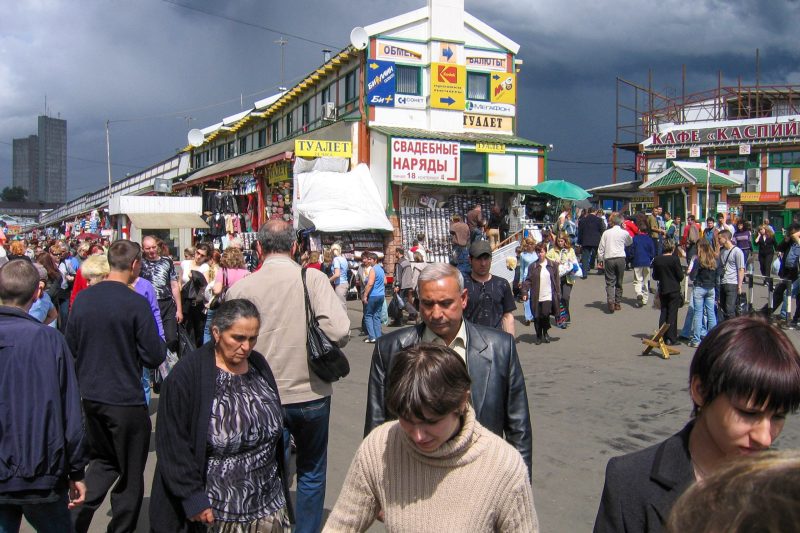
- Research
- Events
inter10 fridays
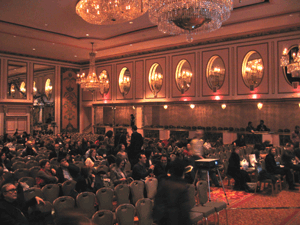
- Research
- Event
95th caa annual conference, new york
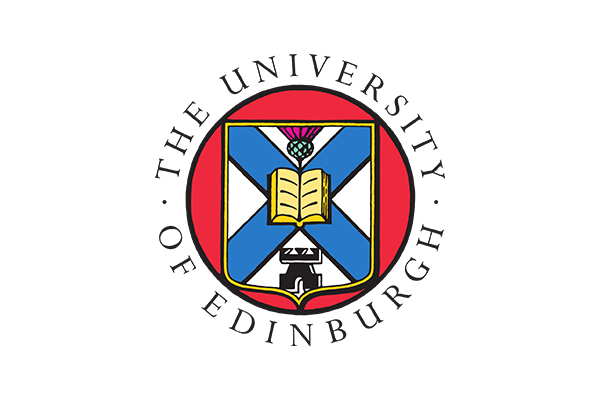
- Research
- Event
density inside out

- Research
- Event
politics of connectivity
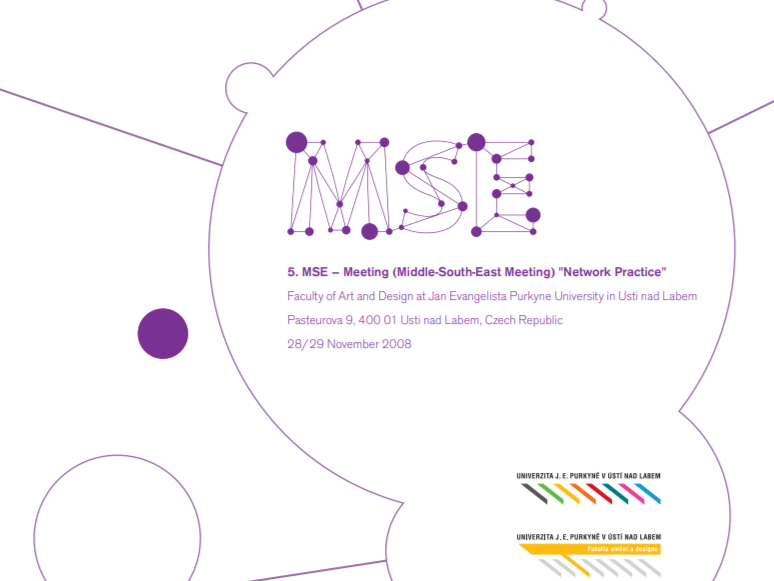
- Research
- Event
5.mse – meeting (middle-south-east meeting) „network practice“
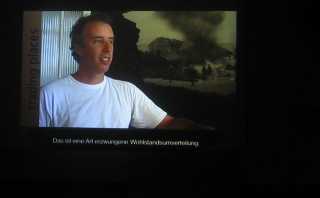
- Research
- Event
Intersections

- Research
- event
dance-techtv
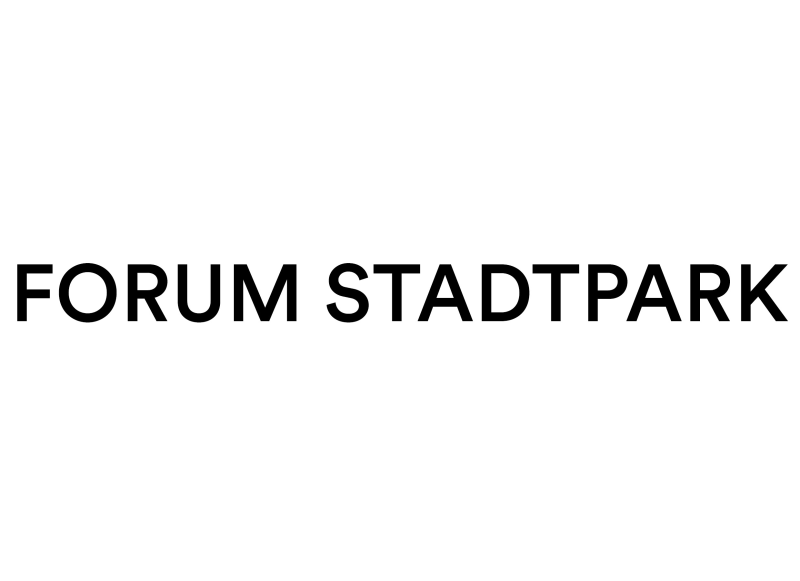
- Research
- Event
netzwerk kultur

- Research
- Event
lecture UERJ / Rio de Janeiro
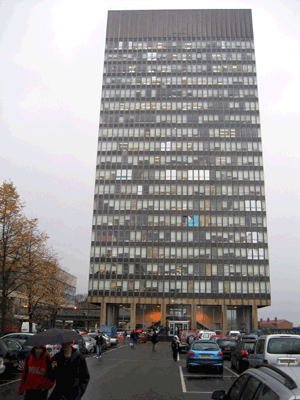
- Research
- Event
Architecture and Indeterminacy
- Research
- Event
common work
- Research
- Event
architecture in the space of flows
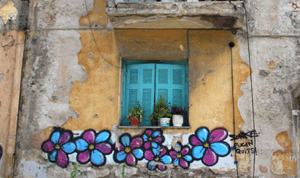
- Research
- Event
mapping the european biennial network
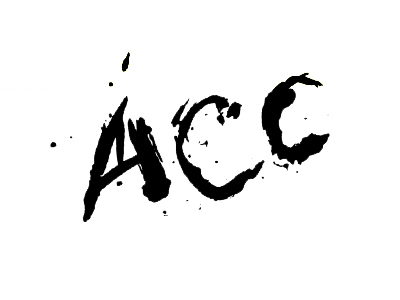
- Research
- Event
public art and new artistic strategies

- Research
- Event
ahra: field/work
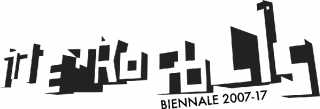
- Research
- event
networked cultures @ metropolis laboratory
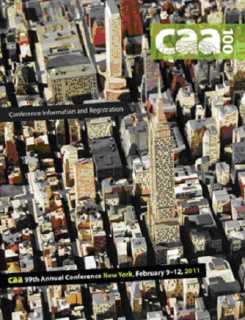
- Research
- event
making architectural exhibitions work: the networked cultures dialogues
- Research
- Event
‘Hierarchy and Power in the History of Civilizations’
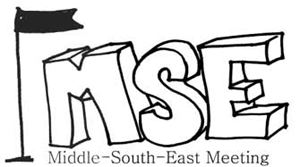
- Research
- Event
4th mse meeting / prishtina
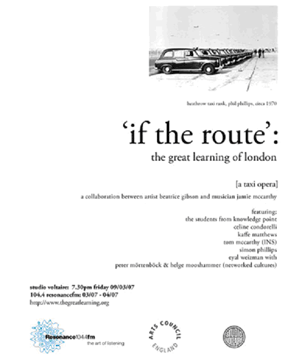
- Research
- Event
resonance 104.4 fm, 18:00 gmt
- Research
- Event
defining space
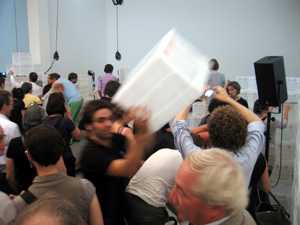
- Research
- Event
archiphoenix faculties for architecture
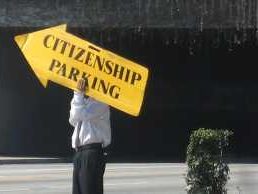
- Research
- Event
caa 2009 conference, los angeles
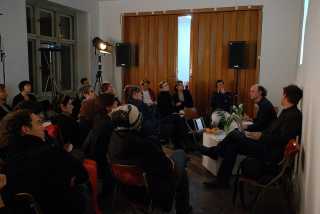
- Research
- Event
General Public, Berlin
- Research
- event
netzwerk kultur – räume der teilnahme
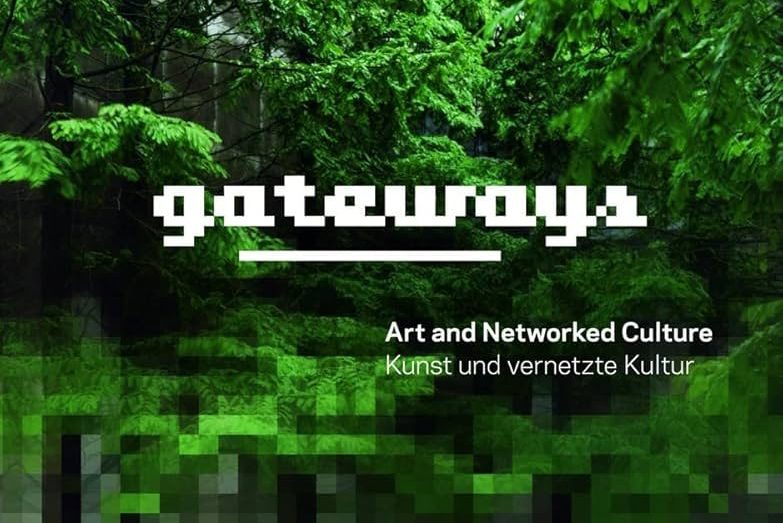
- Research
- event
gateways – art and networked culture
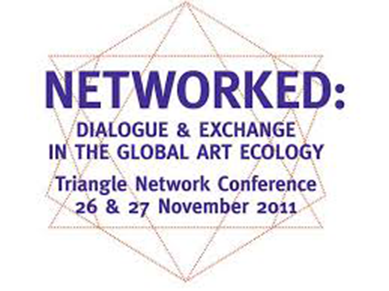
- Research
- event